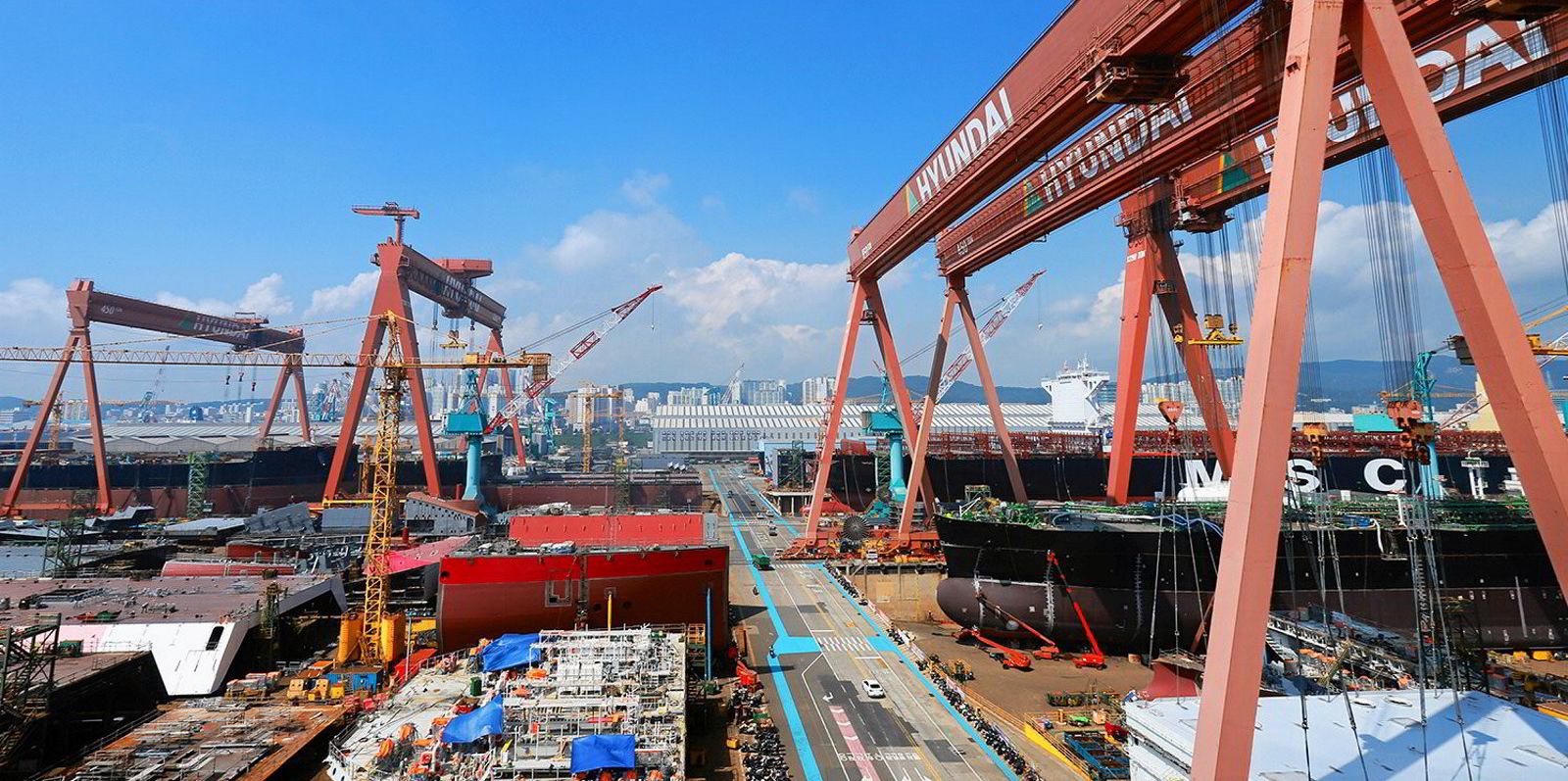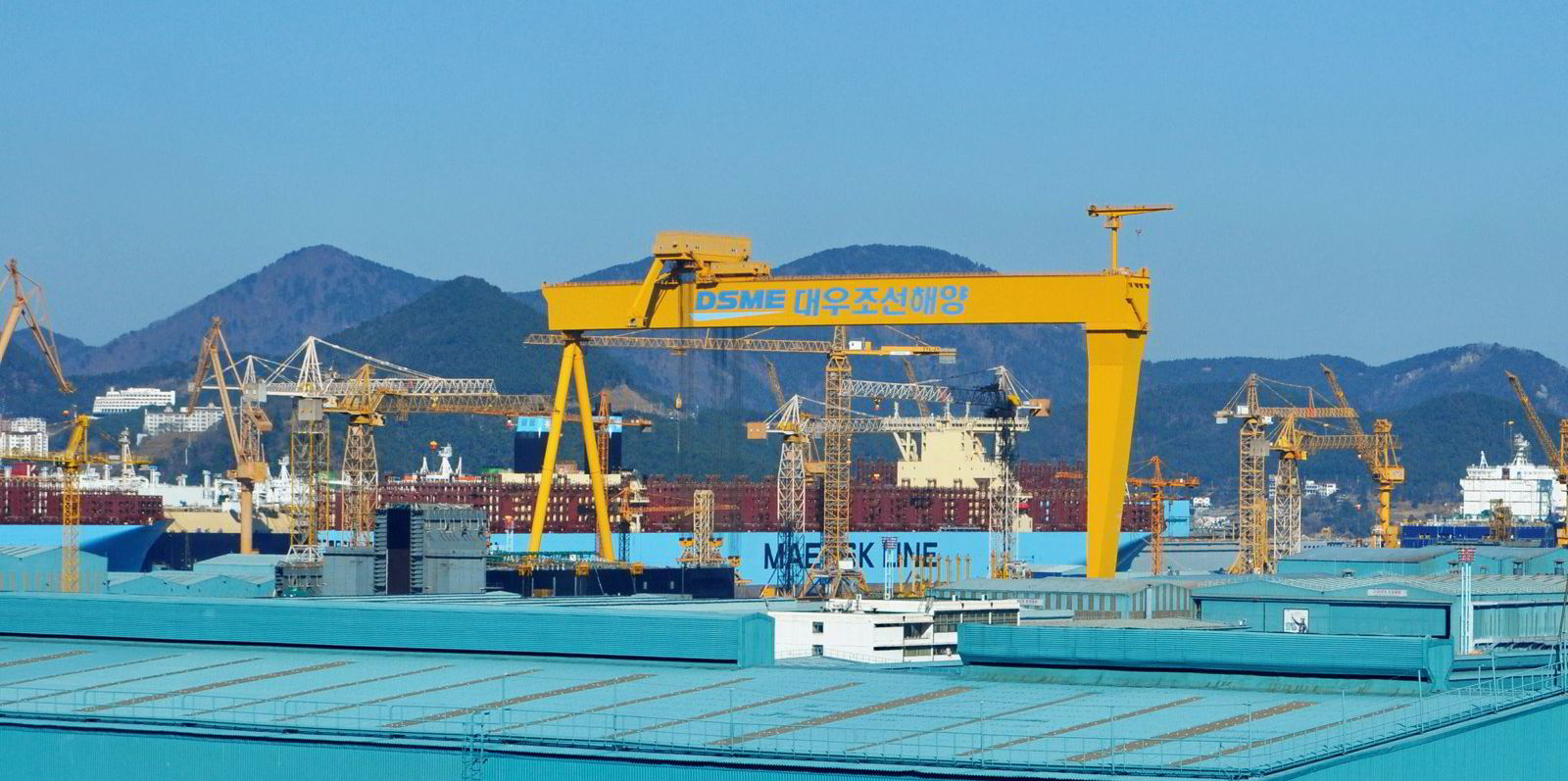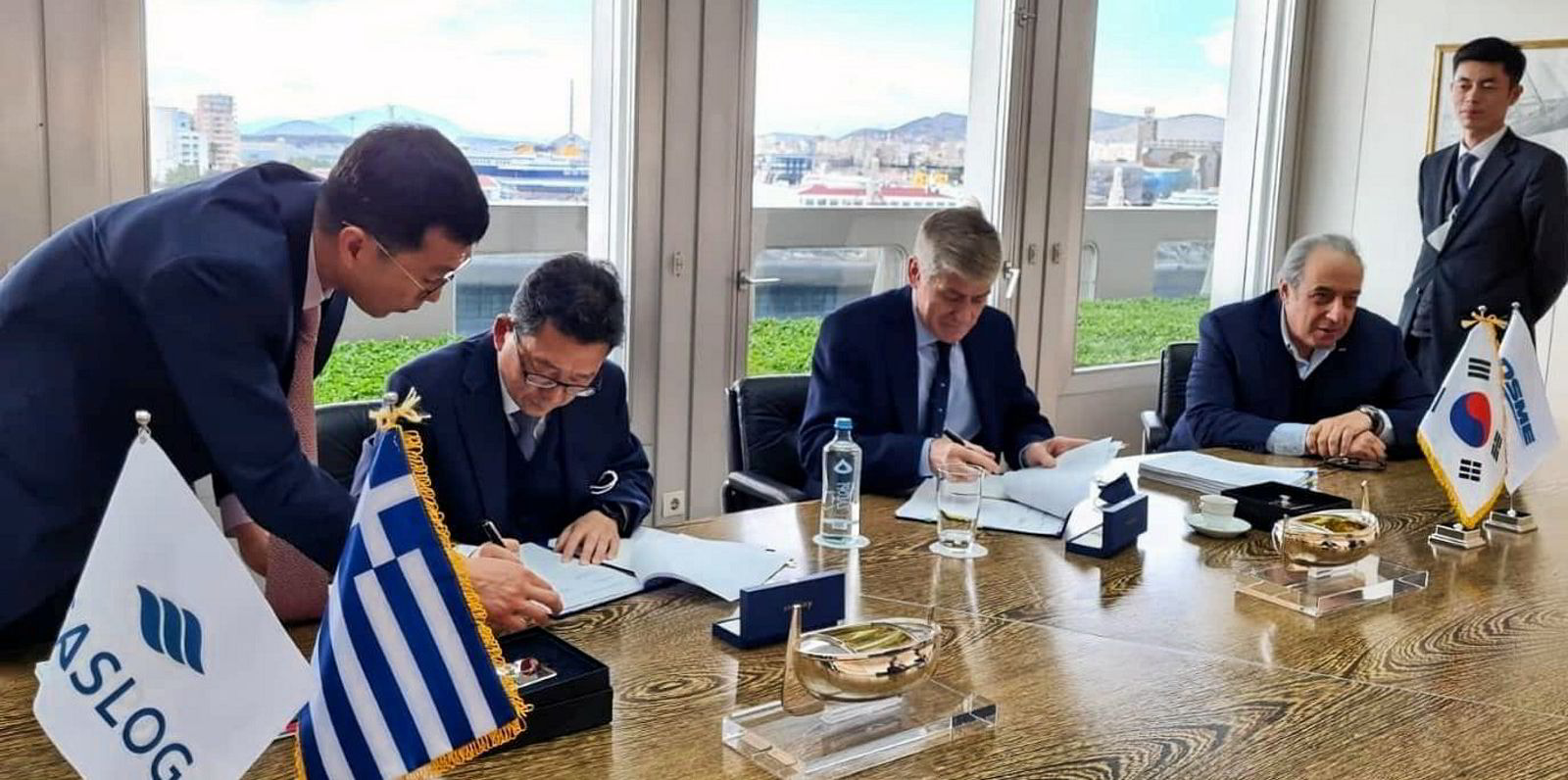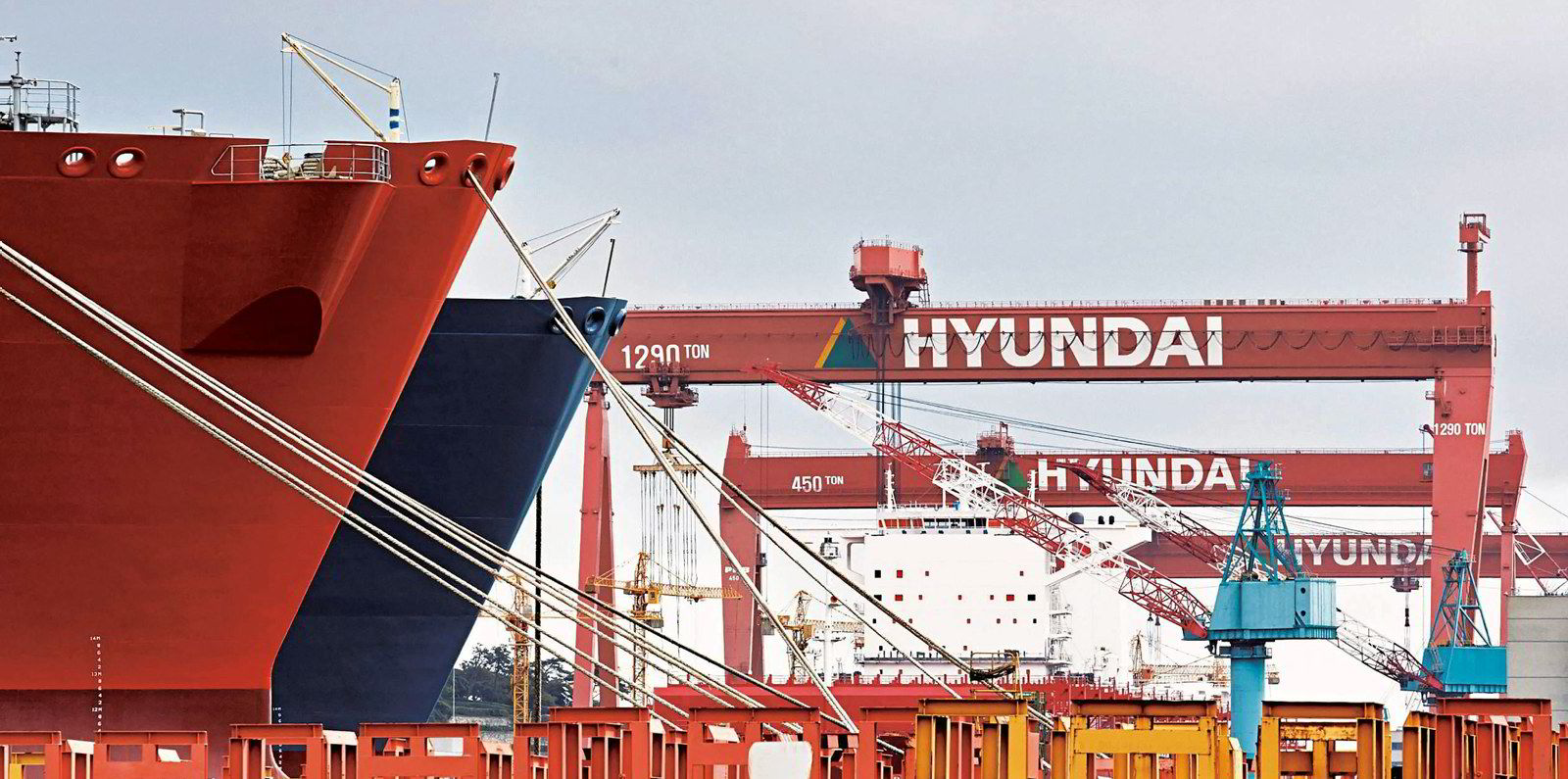A long-awaited decision by the European Union that would block the planned $1.8bn merger between South Korea's Daewoo Shipbuilding & Marine Engineering and Hyundai Heavy Industries Holdings (HHIH) is set to be given this week.
The Financial Times cited EU competition officials that the tie-up between two of Korea's big three shipbuilders would be vetoed as anti-competitive.
The news provider said the three people familiar with the matter said the decision would be announced this week.
The EU has said previously it plans to finalise its review of the merger by 20 January.
Rumours have been circulating for the last few months that the EU will say no to the yards merger.
The EU has delayed making its decision several times after originally opening the first of what has turned into three probes into it in December 2019.
In November 2021, the EU's antitrust regulator was reported to have resumed its investigation into the merger after pausing the process for over a year.
In late 2021, it asked HHIH to make remedial proposals by 7 December, including the sale of part of a shipyard, that could mitigate concerns the commission had over the share of the LNG carrier newbuilding market the combined yard entity would control.
Between them, DSME and HHIH would command more than 60% of the global market share in LNG carrier construction. DSME netted 16 full-size LNG carrier orders in 2021 and Hyundai group yards 36 contracts.
The joined shipyards would command an over-60% global market share of the LNG carrier market, which could affect fair competition rules.
But HHIH did not respond by the 7 December deadline and a proposal to put a hold on LNG carrier newbuilding prices and transfer technology to smaller yards did not cut it with the EU.
The planned merger, which was unveiled in March 2019 and would see HHIH take a 55.72% stake in DSME, has already received approval from China, Singapore and Kazakhstan.
The Korean Fair Trade Commission, which is also considering the merged entity's hold on shipbuilding materials and parts, is expected to make a decision on the merger after hearing from the EU.
South Korea and Japan also need to give their approval to the merger.







